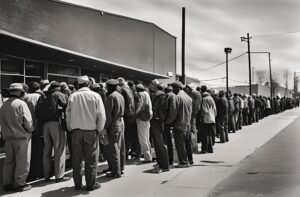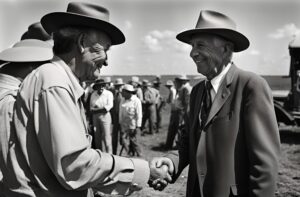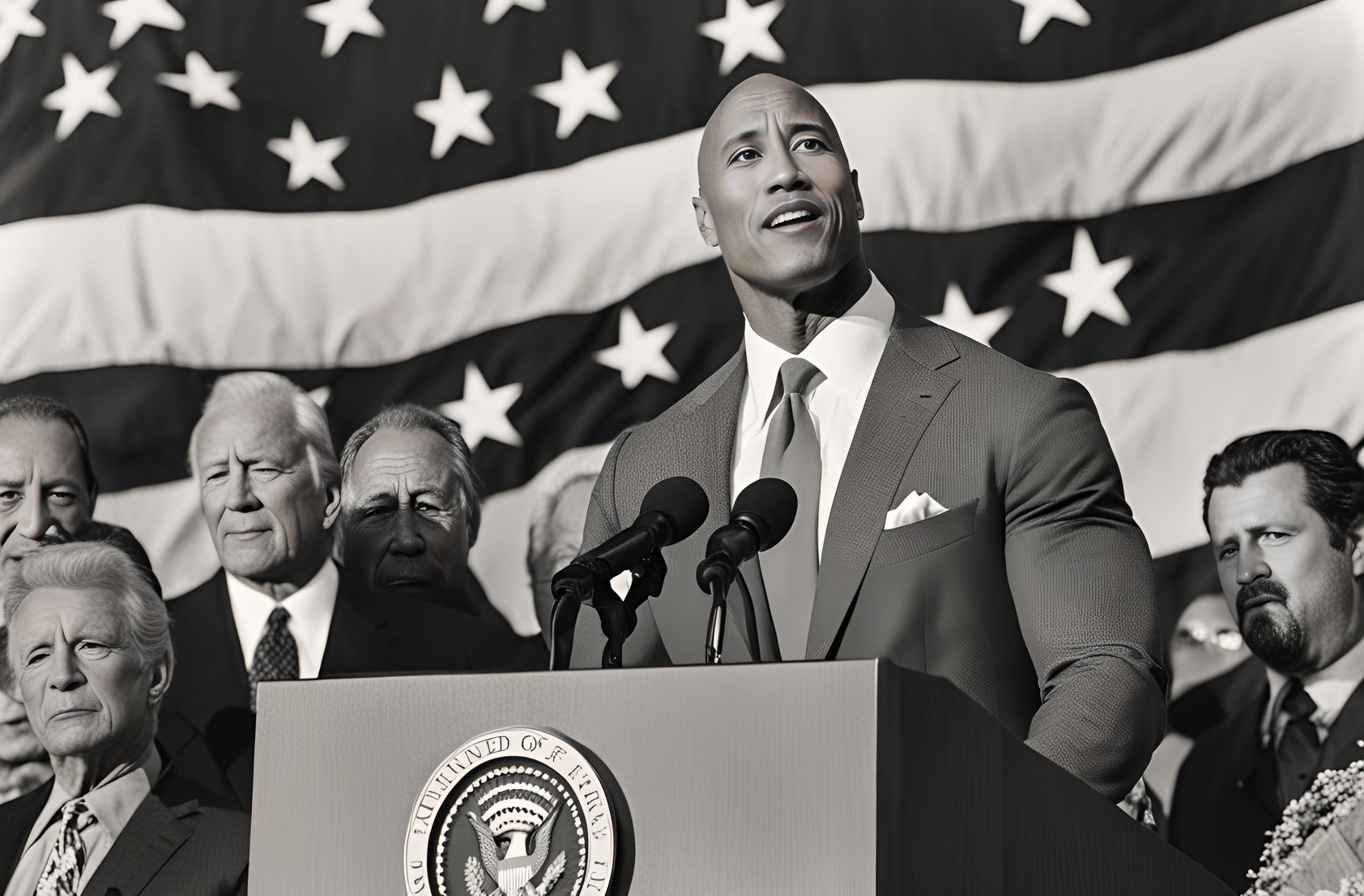
In a world where farmers were exempt from paying taxes, society and civilization experienced dramatic changes. This transformation began with a simple decree—a law passed in a small agrarian country that quickly spread across continents. The intent was to alleviate the financial burden on those who fed the world, encourage agricultural growth, and ensure food security for all. However, the consequences were far-reaching and unexpected.
Initially, the change was met with jubilation among farmers. Without the heavy hand of taxes, they could reinvest their earnings into their farms. Tractors were upgraded, irrigation systems improved, and fields expanded. The agricultural sector boomed, producing an abundance of crops that flooded local markets. Food prices plummeted, making it more affordable for everyone. The initial years saw a golden age of prosperity, where hunger seemed to be a relic of the past.

However, as the years went by, economic imbalances began to emerge. With farmers exempt from taxes, the government had to find alternative sources of revenue. They turned to other sectors, increasing taxes on manufacturing, technology, and services. This created a ripple effect, causing businesses to struggle under the weight of higher taxes. Many companies downsized or shut down entirely, leading to widespread unemployment. The initial euphoria of cheap food was overshadowed by the growing lines at job centers and the rising number of homeless on the streets.
As the manufacturing and service sectors faltered, the economy became heavily reliant on agriculture. This monoculture economy was fragile and susceptible to the whims of nature. A series of droughts and floods wreaked havoc on crops, leading to food shortages. The once-celebrated farmers now faced the wrath of a desperate population. Riots broke out in cities, with people demanding food and jobs. The government, struggling to maintain order, found itself in a precarious position.
In an attempt to stabilize the situation, the government introduced subsidies for other sectors, trying to revive the manufacturing and service industries. But the damage was done. The once-diverse economy was now a shadow of its former self, and the heavy reliance on agriculture meant that any disruption in food production had catastrophic consequences. The social fabric began to tear, with communities turning against each other in a bid for survival.
Amidst the chaos, a new movement began to take shape. Visionaries and thinkers from around the world started advocating for a more balanced approach. They proposed a system where taxes were distributed more equitably across all sectors, including agriculture. The idea was to create a sustainable economy that could withstand the challenges of the modern world. This movement gained traction, and soon, countries began to adopt these new policies.

Farmers, initially resistant to the idea of paying taxes again, began to see the benefits. With a more stable economy, they had access to better infrastructure, education, and healthcare. The reinvestment in other sectors led to job creation, reducing unemployment and homelessness. Balance was restored, and society began to heal.
In this new world, the lessons of the past were not forgotten. The importance of a diversified economy was etched into the collective consciousness. Governments around the world worked together to ensure that no single sector bore the brunt of taxation, creating a more resilient and equitable society. Farmers continued to thrive, but so did other industries, creating a harmonious balance that benefited all.




